In the early morning of October 6, 2024, Trump delivered his victory speech. (Photo by Chip Somodevilla/Getty Images)
[People News] Recently, Nikkei journalist and senior editor Keiji Nakazawa reported that over the past two and a half months, former U.S. President Donald Trump and Chinese President Xi Jinping have engaged in multiple private discussions, exchanging views on key issues. The Ukraine war emerged as a primary topic, with Trump hoping Xi could play a significant role in ending the conflict. Whether Beijing chooses to mediate in Ukraine's ceasefire could shape a new era of U.S.-China relations.
Nakazawa, citing sources familiar with U.S.-China relations, revealed that the phone conversation between Trump and Xi on January 17 was the only officially announced exchange between them during the period from the U.S. presidential election in early November to Trump's inauguration on January 20. However, the two leaders reportedly had multiple informal exchanges, with Russia's war in Ukraine being a major topic.
The Nikkei article noted that during Trump's first term (2017–2021), he met with Xi Jinping multiple times, establishing direct communication channels. After Trump's November election victory, his diplomatic representatives allegedly made a secret visit to Beijing to discuss arrangements on various matters.
However, this claim contradicts an earlier report by The Wall Street Journal. According to the Journal, after Trump's election victory, Xi Jinping made multiple attempts to contact Trump's core team, including reaching out through Cui Tiankai, China's then-ambassador to the U.S., and pro-China intermediaries. These efforts were reportedly rebuffed, as Trump's team refused to engage in private negotiations with Beijing.
On December 28, The Wall Street Journal reported that Trump’s transition team expressed interest in direct contact with Chinese officials close to Xi, such as Cai Qi, to establish a communication channel between the two nations' leaders.
The Journal's accounts align more closely with the current state of U.S.-China relations and the overall tone of Trump’s China policy in his “2.0” administration. After his election victory, Trump quickly nominated several China hawks, most notably Secretary of State Marco Rubio, as key cabinet members. Given this context, it is unlikely that Trump immediately dispatched diplomatic representatives to secretly visit Beijing.
Nakazawa further disclosed that on December 7, during a meeting at the Élysée Palace celebrating the reopening of Notre-Dame Cathedral, Trump, French President Emmanuel Macron, and Ukrainian President Volodymyr Zelensky held discussions. Trump and Macron reportedly agreed that Xi Jinping is the only world leader capable of exerting political pressure on Russian President Vladimir Putin.
The article speculates it is unclear whether Trump directly spoke to Xi at that time, but there is no doubt that Trump explicitly urged China to persuade Putin to pursue peace. If Trump did not convey this message directly, Xi swiftly communicated Trump's request for assistance in ending the Ukraine war to Putin. This allegedly led to a secret visit by former Russian President Dmitry Medvedev to Beijing on December 12. The article suggests that China and Russia discussed Trump’s request for Xi's help in resolving the Ukraine conflict.
The article further analyzes that if Trump can achieve a ceasefire in Ukraine within 24 hours of taking office through Xi’s assistance, he would likely express gratitude to the Chinese leader personally. Trump reportedly saw his inauguration as an opportunity to convey such thanks. However, Trump's invitation raised significant concerns in Beijing about his true intentions. China feared that rashly aligning with Trump's hidden agenda could lead to substantial costs. Ultimately, China sent Han Zheng to attend Trump’s inauguration.
The article concludes that by playing a critical role in ending the Ukraine war, Xi Jinping could earn Trump’s appreciation. However, Xi has yet to successfully persuade Putin to end the conflict, which is unsurprising.
The truth of Nikkei News' report remains uncertain. However, it is a fact that Trump hopes Xi Jinping can persuade Putin to end the Russia-Ukraine war. On January 23, at the Davos World Economic Forum, Trump stated that he has always maintained a good relationship with Chinese leader Xi Jinping. He expressed a desire for harmonious U.S.-China relations and hoped that China would help stop the war with Russia, especially the conflict in Ukraine, as China wields significant influence over the situation.
However, Xi Jinping is likely to feign compliance, using this as a hidden card to maintain leverage over U.S.-China relations. The prolonged Russia-Ukraine war benefits Beijing by tying down the U.S., binding Russia closer to China, and maximizing geopolitical gains at America's expense.
Does Trump Understand Xi's Schemes? He fully understands. Trump's public appeal for Xi's assistance in ending the Russia-Ukraine war is a calculated move aimed at achieving three objectives simultaneously:
- A Win-Win Ceasefire: If Xi genuinely pressures Putin to stop military and economic aid to Russia, the war could end quickly. This would fulfill Trump’s campaign promises, allowing him to focus on addressing China.
- A Justifiable Trade War: If Xi acts duplicitously, playing the Chinese regime's typical double-dealing game, Trump would then have a reason to escalate tariffs and launch a trade war against China.
- Exposing Weakness: Xi would be caught in a dilemma. On the surface, Xi cannot outright reject Trump's request to maintain his image as an international peace envoy. However, Xi's efforts to pressure Putin would likely fail, embarrassing Xi and increasing distrust between Putin and Xi. The Sino-Russian alliance would appear fragile, making it easier for Trump to dismantle.
Trump’s strategy is both sophisticated and bold. He seemingly seeks Xi’s assistance while actually forcing him into a position where he must confront Putin openly. The world watches as Xi is compelled to wield the metaphorical knife handed to him by Trump, making it clear whether he uses it to "stab" Putin or not. Failing to act would reveal Xi's insincerity.
This move echoes Trump’s strategy during his first term when dealing with North Korea's nuclear threat. By dangling the tariff threat over Xi, Trump pressured him to act on North Korea. Although Xi appeared to help, he covertly stoked tensions. Trump ultimately crossed the DMZ himself, engaging directly with Kim Jong-un in a historic meeting. Shortly thereafter, Trump imposed severe tariffs on China.
In the case of Russia and Ukraine, Trump is not dependent on Xi but extends an opportunity for cooperation. If Xi refuses, harsher measures will follow.
In recent days, Trump has alternated between soft and hard rhetoric toward Putin, combining carrots with sticks. On January 21, Trump warned that if Russia refused peace talks with Ukraine, the U.S. "might" impose sanctions. On January 22, Trump threatened to impose high tariffs and severe sanctions on all goods sold to the U.S. by countries involved in the conflict if no resolution was reached. This marked Trump’s strongest stance on Putin since returning to politics and also served as a warning to Xi. On January 23, Trump reiterated his desire to meet with Putin to discuss ending the war.
Recently, Putin expressed interest in meeting Trump. There are also online rumors that Putin said the Ukraine crisis would never have happened if Trump had not been "cheated" out of the presidency in 2020. This statement underscores Trump's weight in Putin's calculations. Trump, a true peacemaker and master negotiator, uses business-oriented diplomacy to resolve conflicts. Whether leveraging Xi Jinping or directly pressuring Putin, Trump aims to achieve peace while securing the U.S.'s global strategic advantage.
(Originally published by People News)



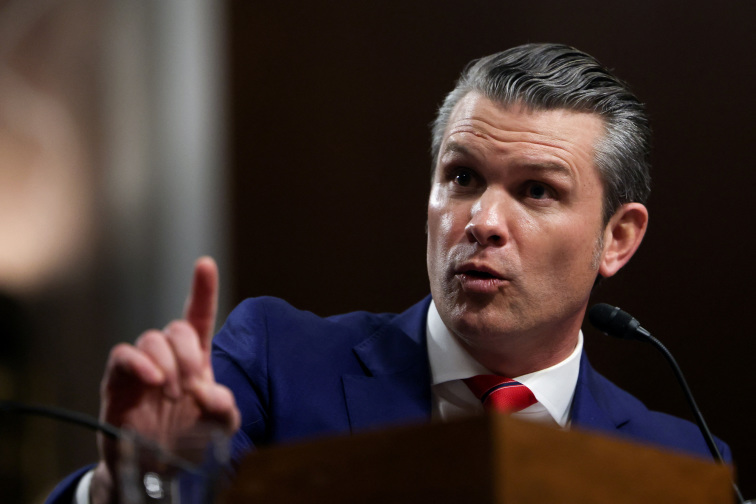
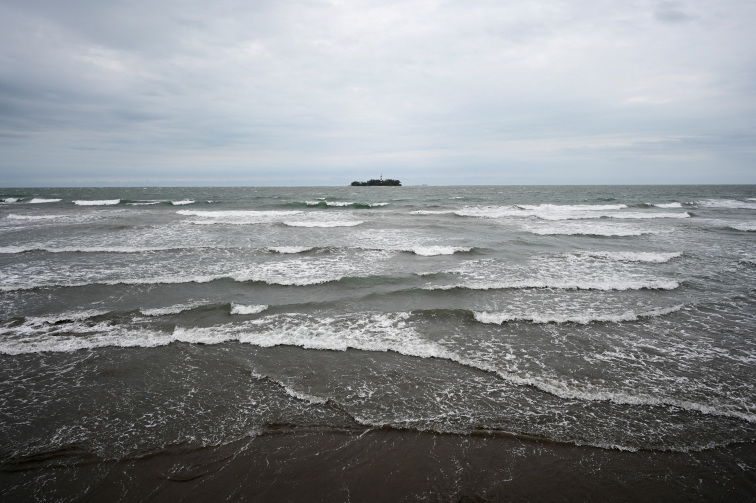
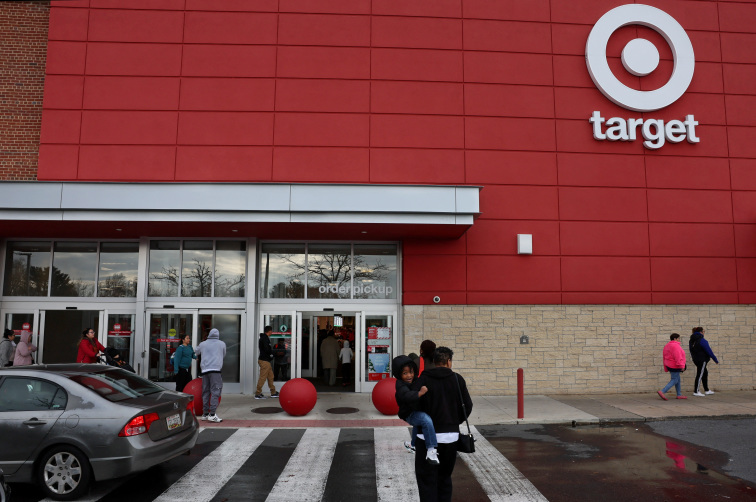
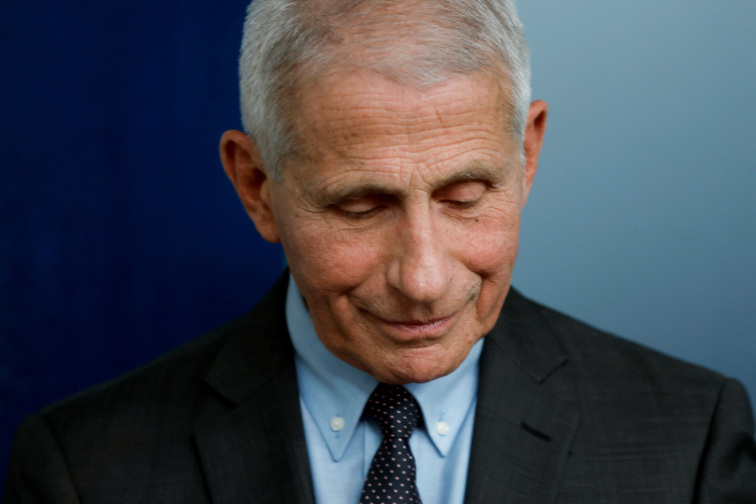
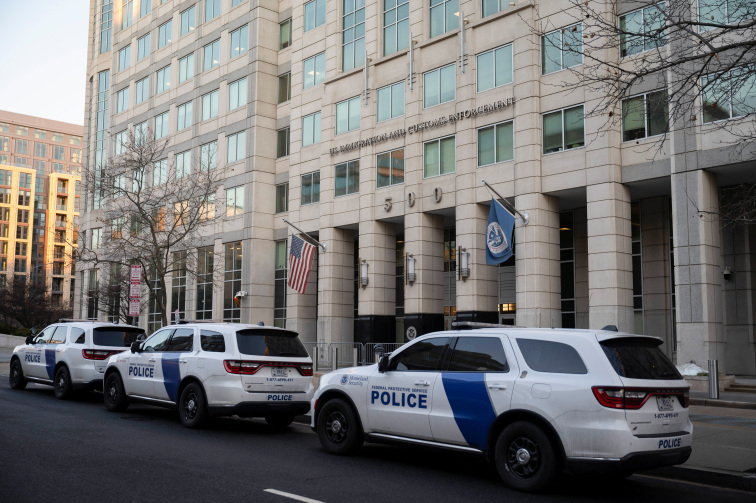

News magazine bootstrap themes!
I like this themes, fast loading and look profesional
Thank you Carlos!
You're welcome!
Please support me with give positive rating!
Yes Sure!